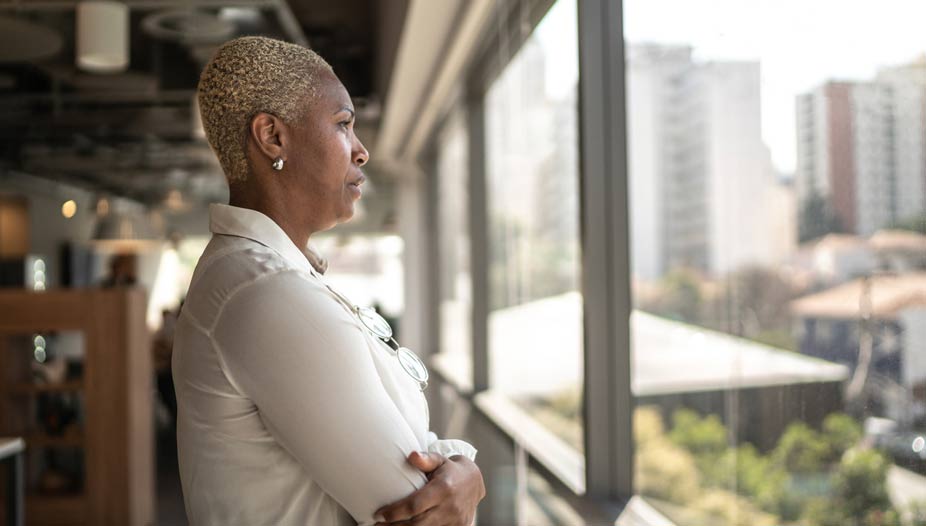Should I Get the Cervical Cancer Vaccine?

The decision of whether or not to receive the cervical cancer vaccine is a personal one that should be made with careful consideration. The cervical cancer vaccine, or the HPV vaccine, protects against the human papilloma virus (HPV), a distinct group of viruses that is spread through sexual contact. HPV is a main cause of cervical cancer and can also contribute to the development of vulvar, vaginal, anal and oropharyngeal cancers.
What is the right age for the cervical cancer vaccine?
The Centers for Disease Control and Prevention (CDC) currently recommends that children ages 11 or 12 receive two cervical cancer vaccine shots 6 to 12 months apart. However, the vaccine can be administered as early as age 9 and as late as age 45. Individuals who receive their first dose at 15 or older should receive three doses of the vaccine over the course of 6 months.
How long does the cervical cancer vaccine last?
As there are different vaccines available, durations times can vary. But generally speaking, the HPV vaccine can provide protection for up to 10 years. While your risk of cervical, vaginal and vulvar cancers will be reduced if you receive the vaccine, it is still important to visit your gynecologist for routine gynecological exams and preventive care as appropriate.
What are the potential side effects of the cervical cancer vaccine?
The cervical cancer vaccine may cause some mild side effects, including soreness and redness at the injection site, fatigue, dizziness, headaches, nausea and vomiting. Remaining seated for about 15 minutes after you receive the vaccine may help you avoid some of these issues. Currently, there are no serious side effects associated with the cervical cancer vaccine.
Who shouldn’t receive the cervical cancer vaccine?
It’s best to avoid the cervical cancer vaccine if you are mildly or severely ill. Pregnant women should also avoid vaccination. The cervical cancer vaccine does not serve as a treatment if you already have an HPV infection or HPV-caused disease, although it may still be recommended to protect against other strains of HPV.
Moffitt is here to provide you with the information you need to make an educated decision about your health and what cancer prevention strategies may be right for you. To consult with a Moffitt physician about the cervical cancer vaccine, call 1-888-663-3488 or submit a new patient registration form online.
